MUNICIPAL STATE GENERAL EDUCATIONAL INSTITUTION
SECONDARY SCHOOL №2 OF THE CITY OF MAKARIEVO
Agreed:
Considered
Approved
Deputy Director for Educational Work
at the meeting of the pedagogical council
Director of the MCOU Secondary School №2 of Makaryevo
_____________S.A. BARANOVA
Protocol №1
Order № __________________
" 30 " August _2016
" 30 " August _2016
"31" August 2016
extracurricular activity course
"Press Center"
5-9 grades
Level: General secondary education
Implementation period: 2 years
Compiler:
E.V. Chernyshova,
First qualification category.
Makaryevo, 2016
Explanatory Note
The work program of the extracurricular activity course "Press Center" for grades 5-9 is compiled as an annex to the main educational program of general secondary education of MCOU Secondary School №2 of the city of Makaryevo based on:
-
Federal State Educational Standard of General Secondary Education approved by the Order of the Ministry of Education of the Russian Federation on 17.12.2010 No. 1897, with amendments (Order of the Ministry of Education of the Russian Federation No. 1644 of 29.12.2014, Order No. 1577 of 31.12.2015)
-
The main educational program of general secondary education of MCOU Secondary School №2 of the city of Makaryevo
The goal of the extracurricular activity course "Press Center" is to contribute to expanding students' linguistic horizons, developing stylistic sensitivity, reinforcing skills and abilities in communicatively appropriate selection of language units, and enhancing the ability to create and assess texts of various stylistic types.
The course "Press Center" is allocated 34 hours per year in the extracurricular activity plan.
1. Results of mastering the extracurricular activity course
The program contributes to the formation of universal learning actions.
Personal Universal Learning Actions
Within the cognitive component, students will develop:
-
Knowledge of the history of the region, its achievements, and cultural traditions;
-
Knowledge of state symbols (coat of arms, flag, anthem) and state holidays;
-
Awareness of their ethnic identity, mastery of national values, traditions, and culture, and knowledge of the peoples and ethnic groups of Russia;
-
Mastery of Russia's cultural heritage and world cultural heritage;
-
Orientation in the system of moral norms;
-
Fundamentals of social-critical thinking, orientation in social relationships, understanding the connection between public and political events;
-
Ecological awareness, recognition of the high value of life in all its forms, knowledge of the basic principles and rules of attitude towards nature, and the basics of a healthy lifestyle.
The graduate will have the opportunity to develop:
-
Strong motivation and interest in learning;
-
Readiness for self-education and self-improvement;
-
Adequate positive self-esteem and self-concept;
-
Competence in implementing the basics of civic identity in actions;
-
Empathy as conscious understanding and empathy for the feelings of others, expressed through actions aimed at helping and ensuring well-being.
Value and Emotional Components
Students will develop:
-
Civil patriotism, love for their homeland, pride in their country;
-
Respect for history, cultural and historical monuments;
-
Respect for other peoples of Russia and the world, intercultural tolerance, readiness for equal cooperation;
-
Respect for personality and dignity, a friendly attitude towards others, intolerance towards any form of violence, and readiness to oppose it;
-
Respect for the values of family, love for nature, recognition of the value of health, optimism in perceiving the world;
-
The need for self-expression and self-realization, social recognition, positive moral self-assessment, and moral feelings — pride in following moral norms, experiencing shame and guilt when they are violated.
Behavioral Component
Students will develop:
-
Readiness to participate in school self-government within age-appropriate competencies;
-
Readiness to follow the norms and requirements of school life, rights, and duties of a student;
-
Ability to conduct a dialogue based on equal relationships, mutual respect, and acceptance, and constructively resolve conflicts;
-
Readiness to follow moral norms in relation to adults and peers in school, at home, and in extracurricular activities;
-
The need to participate in public life and socially useful activities;
-
Readiness to choose a specialized education.
Regulatory Universal Learning Actions
The graduate will learn:
-
Goal setting, establishing new goals, transforming practical tasks into cognitive ones;
-
Analyzing conditions for achieving goals based on the teacher's guidance;
-
Planning ways to achieve goals;
-
Time management skills;
-
Decision-making in problem situations;
-
Adequately evaluating the correctness of actions and making necessary adjustments during their execution;
-
Fundamentals of forecasting future events and the development of processes.
Communicative Universal Learning Actions
The graduate will learn:
-
Considering different opinions and striving for coordination of different positions in cooperation;
-
Formulating and arguing their own opinion, coordinating it with the opinions of partners in collaboration;
-
Establishing and comparing different points of view before making decisions and choosing an approach;
-
Arguing their point of view, debating, and defending their position in a non-hostile manner;
-
Asking relevant questions to organize their own activity.
Cognitive Universal Learning Actions
The graduate will learn:
-
The basics of project-research activity;
-
Conducting observations and experiments under the teacher's supervision;
-
Expanding information search using library resources and the Internet;
-
Explaining phenomena, processes, relationships, and connections identified during research;
-
Working with metaphors — understanding the figurative meaning of expressions and using rhetorical devices.
ICT Competence Development
The graduate will learn:
-
Using ICT devices;
-
Capturing images and sounds;
-
Creating written messages;
-
Searching and organizing information storage;
-
Engaging in educational and social interaction using the Internet;
-
Following norms of information culture, ethics, and law.
Research and Project Activity Foundations
The graduate will learn:
-
Using some knowledge acquisition methods: problem setting, surveys, descriptions, explanations, statistical data, and facts interpretation;
-
Clearly and logically presenting their point of view, using appropriate language;
-
Distinguishing between facts and opinions, critically analyzing judgments, and reconstructing their foundations.
Course Content with Forms of Organization and Types of Activity
| № | Section Title | Brief Description | Total Hours | Forms of Organization | Types of Activity |
|---|---|---|---|---|---|
| 1 | Introduction | Brief history of the emergence and development of print media. The role of books and periodicals. Introductory lesson. Choosing a class leader, distributing duties among the club members. | 4 | Lecture, discussion, roundtable, game | Formulation of goals and tasks, independent and creative student work during the club session. Rest, physical games, consultation, practical work, knowledge control, summarizing, relaxation |
| 2 | History of Newspapers | Your friend - the newspaper. Introducing the history of the school’s print newspaper. Systematizing information about styles and types of speech. | 3 | Virtual tour, press conference, game | Formulation of goals and tasks, independent and creative work, consultation, knowledge control, summarizing, relaxation |
| 3 | Basics of Journalism | Publicistic style of speech. General characteristics: scope of application, genres, stylistic features, and language tools. | 48 | Lecture, discussion, roundtable, game | Formulation of goals and tasks, independent and creative work, knowledge control, summarizing, relaxation |
Thematic Planning
| Topic | Hours | Date | Remarks |
|---|---|---|---|
| 1. Introduction and History of Print Media | 1 | 5.09 | |
| 2. Introductory lesson, leader elections | 1 | 12.09 | |
| 3. Role and Place of Books and Periodicals | 1 | 19.09 | |
| ... | ... | ... | ... |
Wie wird die korrekte Lage und Sicherheit eines Endotrachealtubus bei der Intubation gewährleistet?
Wie können Schwungradspeicher in der Fahrzeugtechnik zur Effizienzsteigerung beitragen?
Wie man ein Full-Stack-Monorepo mit Git-Submodulen und CI/CD effektiv konfiguriert
Erklärung zum Lehrplan der allgemeinen Sekundarstufe (FGO) MKOÜ Sekundarschule Nr. 2 der Stadt Makarjewa für das Schuljahr 2016-2017
Liste der verbundenen Personen der Aktiengesellschaft „Zentrale Vorort-Personenverkehrsgesellschaft“ für das 2. Halbjahr 2024
Nara und die Kosaken — Gedichte von Krieg, Heimat und Erinnerung
Isaak Emmanuilowitsch Babel – Die Kavallerie der Roten Armee

 Deutsch
Deutsch
 Francais
Francais
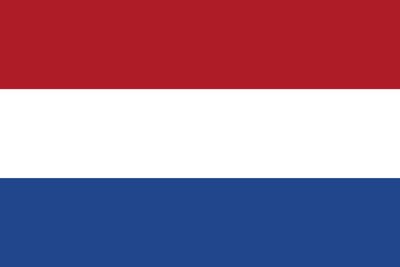 Nederlands
Nederlands
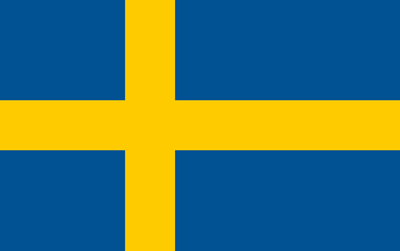 Svenska
Svenska
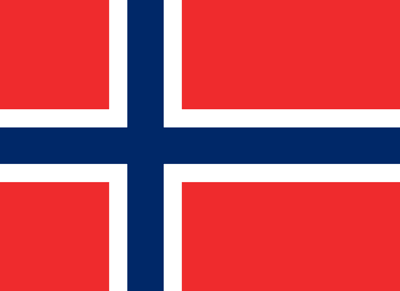 Norsk
Norsk
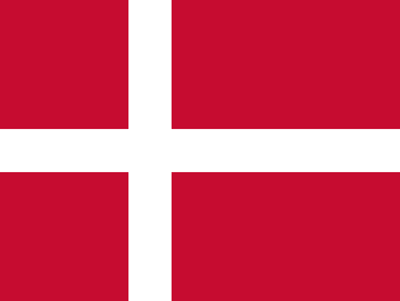 Dansk
Dansk
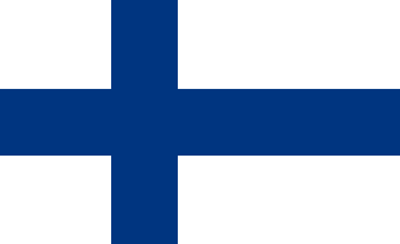 Suomi
Suomi
 Espanol
Espanol
 Italiano
Italiano
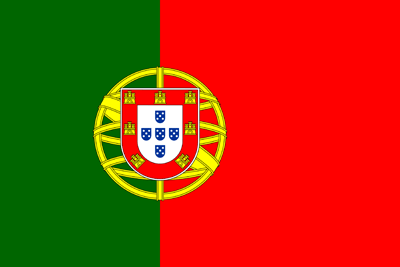 Portugues
Portugues
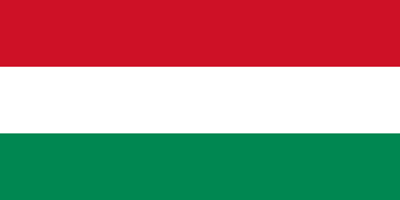 Magyar
Magyar
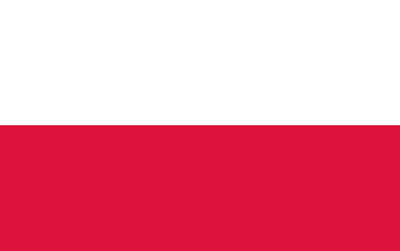 Polski
Polski
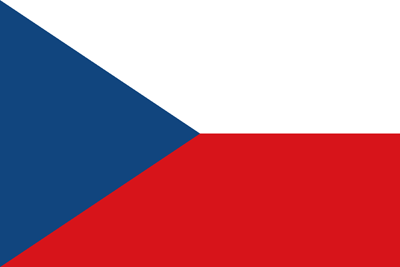 Cestina
Cestina
 Русский
Русский